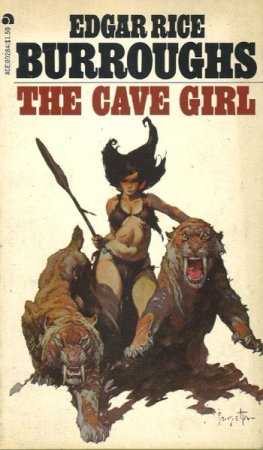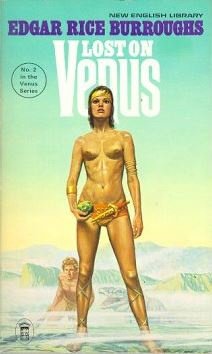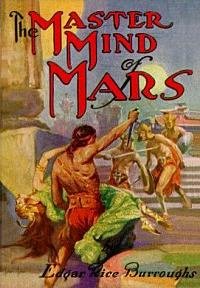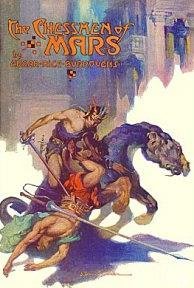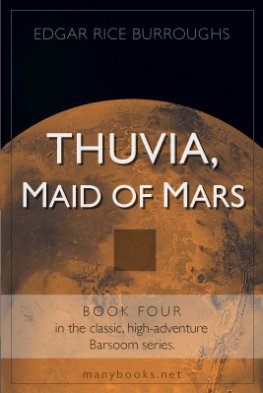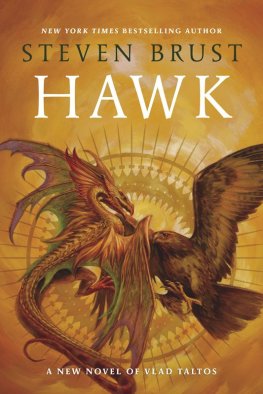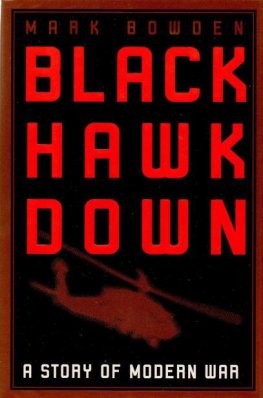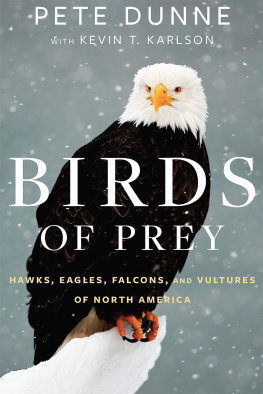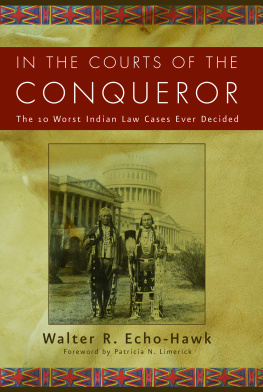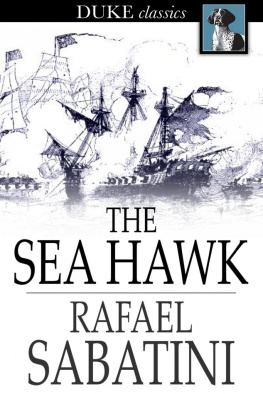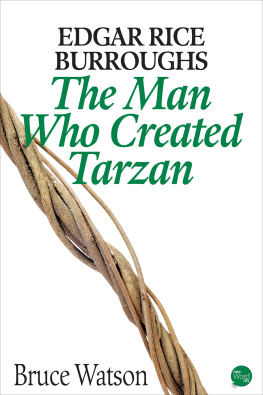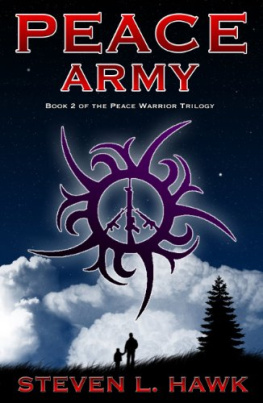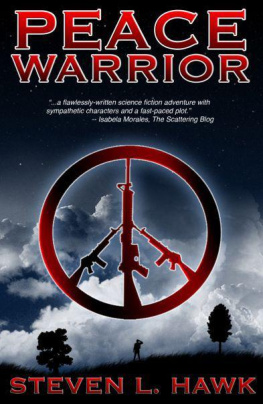Edgar Burroughs - The Red Hawk
Here you can read online Edgar Burroughs - The Red Hawk full text of the book (entire story) in english for free. Download pdf and epub, get meaning, cover and reviews about this ebook. genre: Science fiction. Description of the work, (preface) as well as reviews are available. Best literature library LitArk.com created for fans of good reading and offers a wide selection of genres:
Romance novel
Science fiction
Adventure
Detective
Science
History
Home and family
Prose
Art
Politics
Computer
Non-fiction
Religion
Business
Children
Humor
Choose a favorite category and find really read worthwhile books. Enjoy immersion in the world of imagination, feel the emotions of the characters or learn something new for yourself, make an fascinating discovery.

- Book:The Red Hawk
- Author:
- Genre:
- Rating:5 / 5
- Favourites:Add to favourites
- Your mark:
- 100
- 1
- 2
- 3
- 4
- 5
The Red Hawk: summary, description and annotation
We offer to read an annotation, description, summary or preface (depends on what the author of the book "The Red Hawk" wrote himself). If you haven't found the necessary information about the book — write in the comments, we will try to find it.
The Red Hawk — read online for free the complete book (whole text) full work
Below is the text of the book, divided by pages. System saving the place of the last page read, allows you to conveniently read the book "The Red Hawk" online for free, without having to search again every time where you left off. Put a bookmark, and you can go to the page where you finished reading at any time.
Font size:
Interval:
Bookmark:
Edgar Rice Burroughs
The Red Hawk
1
The Flag
The January sun beat hotly upon me as I reined Red Lightning in at the summit of a barren hill and looked down toward the rich land of plenty that stretched away below me as far as the eye could see. In that direction was the mighty sea, a days ride, perhaps, to the westward-the sea that none of us had ever looked upon; the sea that had become as fabulous as a legend of the ancients during the nearly four hundred years since the Moon men swept down upon us and overwhelmed the earth in their mad and bloody carnival of revolution.
In the near distance the green of the orange groves mocked us from below, and great patches that were groves of leafless nut trees, and there were sandy patches toward the south that were vineyards waiting for the hot suns of April and May before they, too, broke into riotous, tantalizing green. And from this garden spot of plenty a curling trail wound up the mountainside to the very level where we sat gazing down upon this last stronghold of our foes.
When the ancients built that trail it must have been wide and beautiful indeed, but in the centuries that elapsed man and the elements have sadly defaced it. The rains have washed it away in places, and the Kalkars have made great gashes in it to deter us, their enemies, from invading their sole remaining lands and driving them into the sea; and upon their side of the gashes they had built forts where they keep warriors always. It is so upon every pass that leads down into their country. And well for them that they do so guard themselves!
Since fell my great ancestor, Julian 9th, in the year 2122, at the end of the first uprising against the Kalkars, we have been driving them slowly back across the world. That was more than three hundred years ago. For a hundred years they have held us here, a days ride from the ocean. Just how far it is we do not know; but in 2408 my grandfather, Julian 18th, rode alone almost to the sea.
He had won back nearly to safety when he was discovered and pursued almost to the tents of his people. There was a battle, and the Kalkars who had dared invade our country were destroyed, but Julian 18th died of his wounds without being able to tell more than that a wondrously rich country lay between us and the sea, which was not more than a days ride distant. A days ride, for us, might be anything under a hundred miles.
We are desert people. Our herds range a vast territory where feed is scarce, that we may be always near the goal that our ancestors set for us three centuries ago-the shore of the western sea into which it is our destiny to drive the remnants of our former oppressors.
In the forests and mountains of Arizona there is rich pasture, but it is far from the land of the Kalkars where the last of the tribe of Or-tis make their last stand, and so we prefer to live in the desert near our foes, driving our herds great distances to pasture when the need arises, rather than to settle down in a comparative land of plenty, resigning the age old struggle, the ancient feud between the house of Julian and the house of Or-tis.
A light breeze moves the black mane of the bright bay stallion beneath me. It moves my own black mane where it falls loose below the buckskin thong that encircles my head and keeps it from my eyes. It moves the dangling ends of the Great Chiefs blanket strapped behind any saddle.
On the twelfth day of the eighth month of the year just gone this Great Chiefs blanket covered the shoulders of my father, Julian 19th, from the burning rays of the summers desert sun. I was twenty on that day, and on that day my father fell before the lance of an Or-tis in the Great Feud, and I became the Chief of Chiefs.
Surrounding me to-day as I sit looking down upon the land of my enemies are fifty of the fierce chieftains of the hundred clans that swear allegiance to the house of Julian. They are bronzed and, for the most part, beardless men.
The insignias of their clans are painted in various colors upon their foreheads, their cheeks, their breasts. Ocher they use, and blue and white and scarlet. Feathers rise from the head bands that confine their hair-the feathers of the vulture, the hawk, and the eagle. I, Julian 20th, wear a single feather. It is from a red-tailed hawk-the clan sign of my family.
We are all garbed similarly. Let me describe the Wolf, and in his portrait you will see a composite of us all. He is a sinewy, well built man of fifty, with piercing gray-blue eyes beneath straight brows. His head is well shaped, denoting great intelligence. His features are strong and powerful and of a certain fierce cast that might well strike terror to a foemans heart-and does, if the Kalkar scalps that fringe his ceremonial blanket stand for aught. His breeches, wide about the hips and skin tight from above the knees down, are of the skin of the buck deer. His soft boots, tied tight about the calf of each leg, are also of buck. Above the waist he wears a sleeveless vest of calfskin tanned with the hair on. The Wolfs is of fawn and white.
Sometimes these vests are ornamented with bits of colored stone or metal sewn to the hide in various designs. From the Wolfs headband, just above the right ear, depends the tail of a timber wolf-the clan sign of his family.
An oval shield upon which is painted the head of a wolf hangs about this chiefs neck, covering his back from nape to kidneys. It is a stout, light shield-a hardwood frame covered with bullhide. Around its periphery have been fastened the tails of wolves. In such matters each man, with the assistance of his women folk, gives rein to his fancy in the matter of ornamentation.
Clan signs and chief signs, however, are sacred. The use of one to which he is not entitled might spell death for any man. I say might because we have no inflexible laws. We have few laws.
The Kalkars were forever making laws, so we hate them. We judge each case upon its own merits, and we pay more attention to what a man intended doing than what he did.
The Wolf is armed, as are the rest of us, with a light lance about eight feet in length, a knife and a straight two-edged sword. A short, stout bow is slung beneath his right stirrup leather, and a quiver of arrows is at his saddlebow.
The blades of his sword and his knife and the metal of his lance tip come from a far place called Kolrado and are made by a tribe that is famous because of the hardness and the temper of the metal of their blades. The Utaws bring us metal also, but theirs is inferior, and we use it only for the shoes that protect our horses feet from the cutting sands and the rocks of our hard and barren country.
The Kolrados travel many days to reach us, coming once in two years. They pass, unmolested, through the lands of many tribes because they bring what none might otherwise have, and what we need in our never ending crusade against the Kalkars. That is the only thread that holds together the scattered clans and tribes that spread east and north and south beyond the ken of man. All are animated by the same purpose-to drive the last of the Kalkars into the sea.
From the Kolrados we get meager news of clans beyond them toward the rising sun. Far, far to the east, they say, so far that in a lifetime no man might reach it-lies another great sea, and that there, as here upon the worlds western edge, the Kalkars are making their last stand. All the rest of the world has been won back by the people of our own blood-by Americans.
We are always glad to see the Kolrados come, for they bring us news of other peoples; and we welcome the Utaws, too, although we are not a friendly people, killing all others who come among us, for fear, chiefly, that they may be spies sent by the Kalkars.
It is handed down from father to son that this was not always so, and that once the people of the world went to and fro safely from place to place, and that then all spoke the same language; but now it is different. The Kalkars brought hatred and suspicion among us until now we trust only the members of our own clans and tribe.
Font size:
Interval:
Bookmark:
Similar books «The Red Hawk»
Look at similar books to The Red Hawk. We have selected literature similar in name and meaning in the hope of providing readers with more options to find new, interesting, not yet read works.
Discussion, reviews of the book The Red Hawk and just readers' own opinions. Leave your comments, write what you think about the work, its meaning or the main characters. Specify what exactly you liked and what you didn't like, and why you think so.

